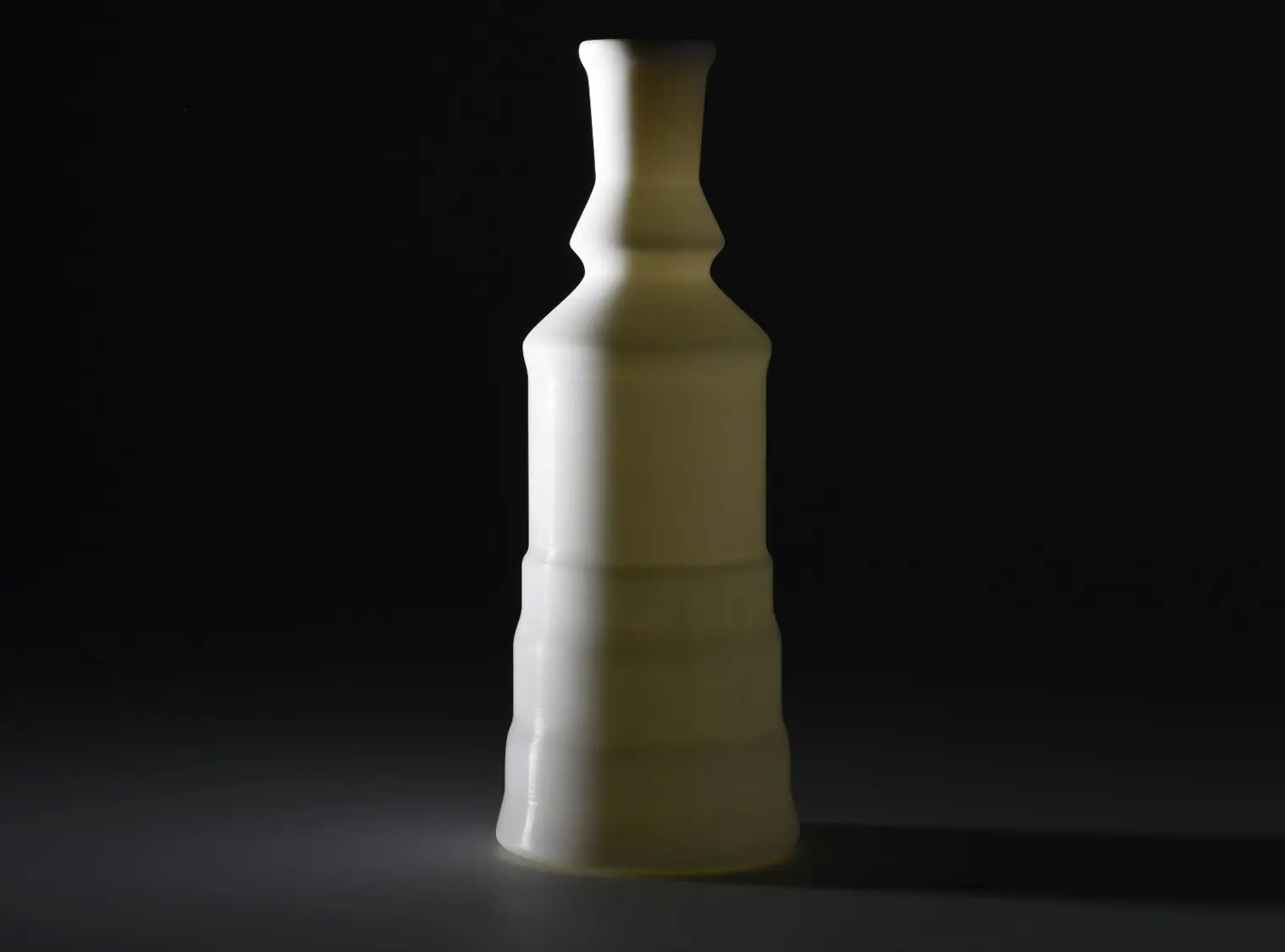The promise of artificial intelligence (AI), in particular its latest developments in deep learning, has been influencing all kinds of disciplines such as engineering, business, agriculture, and humanities. More recently it also includes disciplines that were "reserved" to humans such as art and design. While there is a strong debate going on about whether creativity is profoundly human, we want to investigate if creativity can be supported or fostered by AI.
This project created together with Marco Limm and published in
two follow-up papers investigates if AI is capable of inspiring
designers by suggesting unexpected design variations, learning
the designer's taste or being a co-creation partner. To do so we
created several AI and genetic algorithms, which can be trained
by a small sample set of shapes of a given object, to propose
novel shapes.
 The evaluation of our proposed methods revealed that it can be
used by trained designers as well as non-designers to support
the design process in different phases and that it could lead to
novel designs not intended/foreseen by designers. In addition,
the AI-based democratic design developed here might be an
important tool for target group-oriented design in the future.
The following bottles were designed by AI algorithms.
The evaluation of our proposed methods revealed that it can be
used by trained designers as well as non-designers to support
the design process in different phases and that it could lead to
novel designs not intended/foreseen by designers. In addition,
the AI-based democratic design developed here might be an
important tool for target group-oriented design in the future.
The following bottles were designed by AI algorithms.